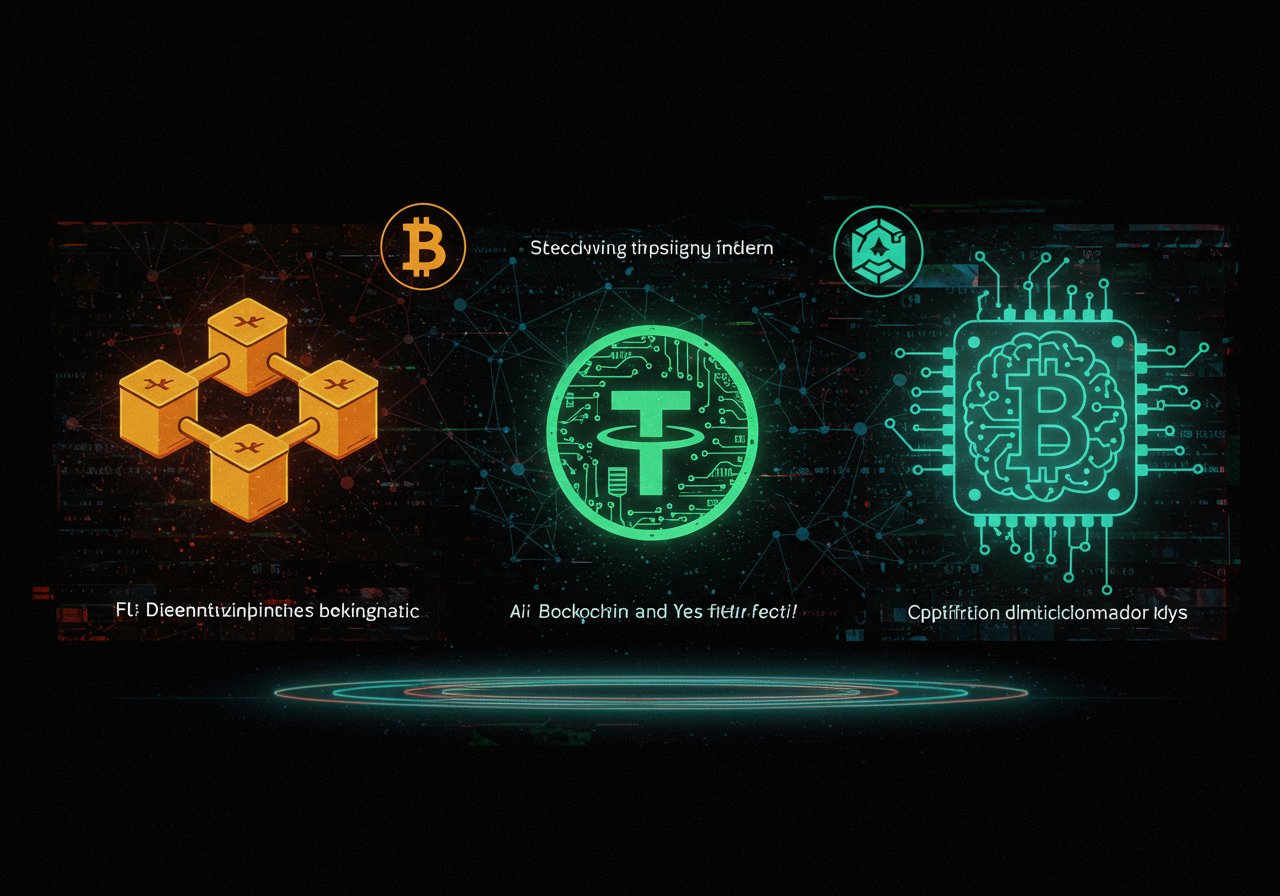
Tether AI: Decentralizing Intelligence with Blockchain and Native Crypto Payments
Tether, the company behind the USDT stablecoin, has launched Tether AI, an open-source, decentralized artificial intelligence (AI) platform. This ambitious project aims to fundamentally change the way we think about AI, integrating it seamlessly with blockchain infrastructure and enabling native crypto payments.
Unlike traditional AI services, which often rely on centralized servers and require API keys, Tether AI runs on a distributed peer-to-peer (P2P) network. This approach promises enhanced privacy, autonomy, and resilience, eliminating single points of failure and centralized control.
One of the core innovations of Tether AI is its integration with cryptocurrency infrastructure. It natively supports Bitcoin (BTC) and USDT payments using Tether’s Wallet Development Kit (WDK), facilitating seamless onchain transactions. This makes Tether AI one of the first AI platforms to offer direct crypto payment functionality at the protocol level.
Tether AI‘s Vision: Decentralized, User-Centric AI
Tether AI is built around the concept of “personal infinite intelligence,” envisioning customizable AI agents tailored to individual user needs and device capabilities. Developers can leverage Tether’s open-source WDK to create mobile, desktop, and web wallets with complete self-custodial control.
This decentralized-first model aligns with Tether’s mission of making AI accessible and censorship-resistant. Tether AI prioritizes user ownership, ensuring individuals control their assets without intermediaries.
Integration with Tether’s Existing Ecosystem
Tether AI is expected to integrate with Tether’s existing P2P ecosystem, including Keet, a decentralized messaging app, and Pear, a framework for building P2P applications. The platform is slated for launch in 2025, marking Tether’s strategic entry into decentralized AI with embedded crypto functionality.
Tether is actively developing Tether AI and a suite of AI-powered applications, including a real-time AI translation tool, a voice assistant, and a Bitcoin wallet assistant.
Tether’s WDK: Empowering Developers
Tether’s WDK, launched in November 2024, is an open-source framework designed to simplify the creation of self-custodial wallets across various platforms. Key features of the WDK include:
- Modularity: Developers can customize wallet functionalities based on specific use cases.
- Pre-built components: The WDK includes pre-built components for encryption, transaction management, key recovery, and cross-platform compatibility.
- User sovereignty: All wallets built using the WDK enable full self-custody, ensuring users retain exclusive control over their private keys and funds.
- Integration with other P2P technologies: The WDK supports seamless integration with Tether’s other P2P technologies, including Keet and Pear.
Implications for the Future of AI
Tether AI represents a significant shift in how AI can be developed, deployed, and monetized in a decentralized ecosystem. By blending AI capabilities with blockchain infrastructure and native crypto payments, Tether aims to create applications that are both intelligent and financially autonomous.
Tether AI could have a transformative impact on various sectors, including:
- Decentralized Finance (DeFi): Tether AI could empower DeFi protocols with intelligent automation and on-chain payment capabilities.
- Web3 Gaming: Decentralized AI could enhance game mechanics, create dynamic in-game economies, and personalize user experiences.
- Content Moderation: Tether AI could contribute to more efficient and transparent content moderation systems.
- Autonomous Economic Agents: Decentralized AI could enable the development of autonomous agents capable of making financial decisions and managing assets on-chain.
Tether AI is a bold and potentially groundbreaking project that could reshape the future of AI. By embracing the principles of decentralization, user ownership, and open-source development, Tether aims to create a more equitable and secure AI ecosystem for everyone.


